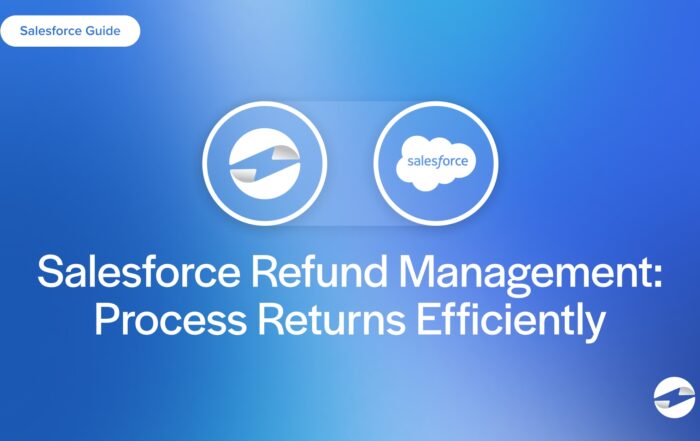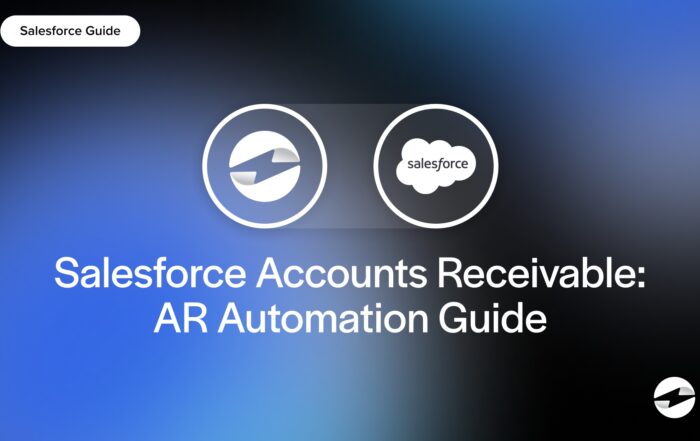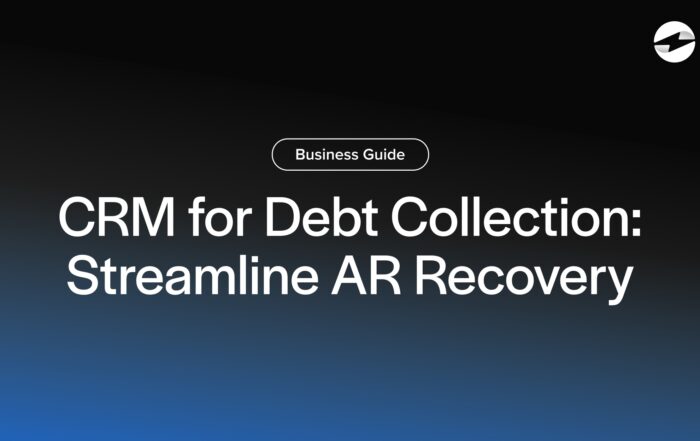What is a merchant of record?
A merchant of record (MoR) is the legal entity responsible for processing customer payments and handling related financial and legal obligations. When someone buys a product or service, the merchant of record appears on the customer’s credit card statement. This entity takes care of things like collecting payments, managing refunds and chargebacks, and ensuring compliance with tax and payment regulations. Essentially, the MoR owns the transaction and acts as the seller of record—even if they’re processing payments on behalf of another business.
Key Points
- A merchant of record (MoR) is the legal entity responsible for processing payments, handling chargebacks, and ensuring compliance. They appear on the customer’s statement and own the transaction.
- Using an MoR reduces risk and simplifies operations, especially for global or digital businesses. They help by offloading payment liability and regulatory burdens.
Importance of a merchant of record
Having a clearly defined merchant of record is crucial for reducing risk and simplifying payment operations. The MoR is liable for disputes, fraud, or chargebacks, protecting the seller from direct exposure. They also handle regulatory compliance, such as PCI compliance and international tax rules, which can be a major burden for growing businesses. By offloading these responsibilities, companies can focus more on scaling their business and less on backend financial complexity.
Merchant of record companies/providers
Several companies specialize in offering merchant-of-record services, especially for SaaS businesses, marketplaces, and international eCommerce. Some well-known MoR providers include Paddle, FastSpring, 2Checkout (now Verifone), and Shopify (in some contexts). These providers act as the MoR so businesses can sell globally, accept payments, and stay compliant—without setting up local entities or managing the risks of being their own MoR.
Example of a merchant of record in action
You run a small software business and want to sell internationally. Instead of setting up local entities, registering for taxes in multiple countries, or dealing with complex regulations in languages you don’t even speak, you decide to use Paddle.
Customers who buy your product would see Paddle on their credit card statements instead of your company. Paddle takes the payment, handles any applicable sales tax or VAT, and looks after refunds or chargebacks if needed. From the buyer’s perspective, Paddle is the official seller even though it’s your product.
Paddle acts as the record merchant. It owns the transaction and takes all the financial and legal responsibility so you can focus on building your software without getting bogged down in backend compliance headaches.
You May Also Like
Read More
Read More
Read More



